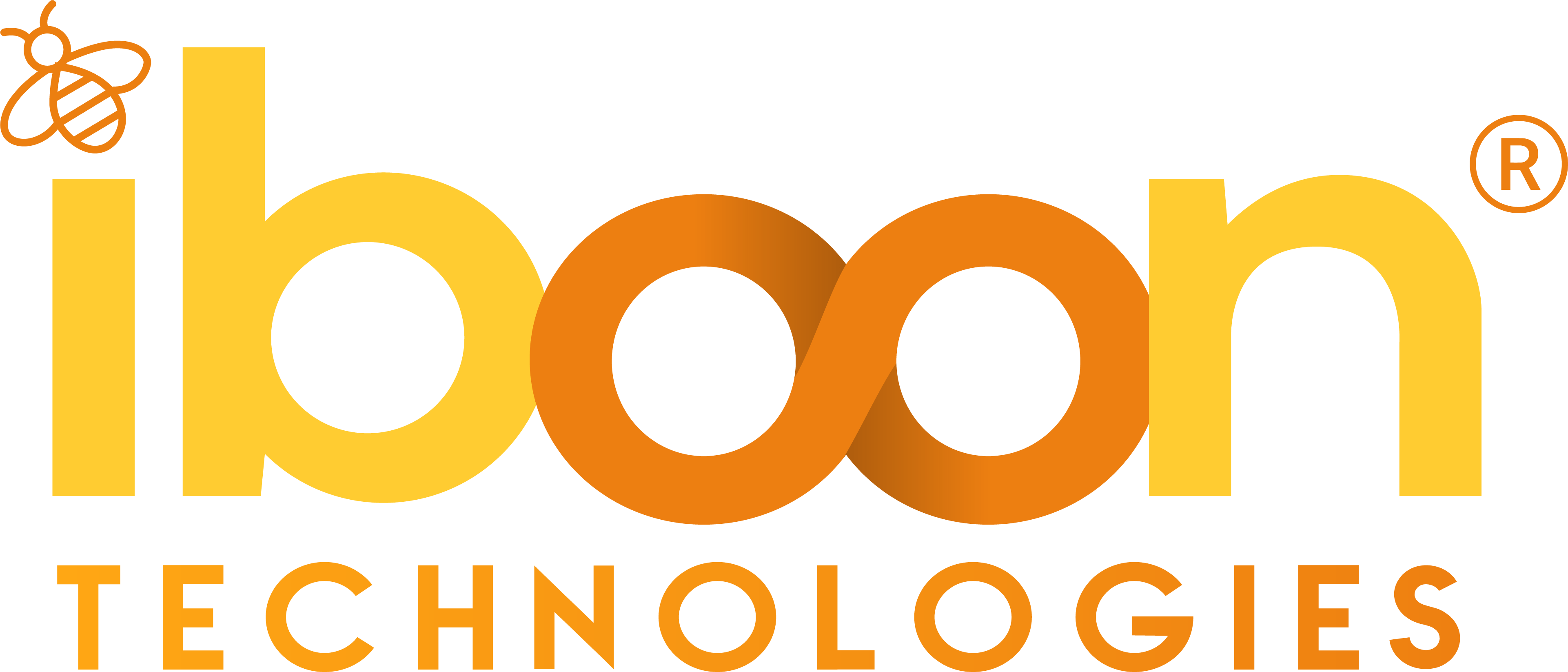Health experts such as doctors miss important details as they have to manage large amounts of data. This can lead to misdiagnosis and delayed treatments. As we know, patient data is important for analysing their health problems.
Hence, AI plays a vital role in healthcare. But, with all this innovation, it is important to use AI responsibly. Let’s understand the role of AI in healthcare, its benefits, top innovations, and ethical challenges business owners face.
Understanding the Role of AI in Healthcare

AI has transformed various fields, including healthcare, and pharmaceuticals. It helps to improve patient care and offer a better quality of life. Then what does AI do in healthcare? Well, it analyzes large datasets and identifies patterns, which is difficult for humans to detect. It has led to breakthroughs in fields such as genomics and drug discovery.
The doctors are now able to better personalise treatment plans and manage the settings of diagnostic tools. Further, AI in healthcare helps to diagnose diseases and assist clinicians with decision-making.
Apart from clinical practices, now healthcare professionals also create their own websites. It helps to interact with the patient and communicate necessary information such as:
- Doctor practice, expertise, and experience.
- Booking online consultation and appointment.
- Experts share their insights on health-related topics through blogs and articles.
- Selling medicines and medical tools to patients online.
Many artificial intelligence companies in India are investing in web development projects for AI integration.
Top 3 Innovations in AI-Healthcare
1. Virtual Health Assistants and Chatbots:
Healthcare systems are not easy to understand. Hence, digital tools help patients manage and comprehend the systems easily. The virtual health assistant can:
- Schedule appointments
- Provide medical information
- Offer personalised health advice
It also enhances patient engagement and reduces administrative workload for healthcare providers. Lastly, it ensures continuous patient support. Due to this, there are a lot of enhancements in AI and web development streams.
This innovation is transforming healthcare by making it more:
- Efficient
- Accurate
- Personalised
The firms of website development in Ahmedabad, are integrating chatbots and virtual assistant in their web development projects.
2. Predictive Analytics:
It uses historical and real-time data. It forecasts future health and patient needs. Predictive analytics refer to the following information:
- Electronic health records (EHRs)
- Insurance records
- Data sources
Now healthcare experts can identify at-risk patients, prevent hospital readmissions, and optimise resource allocation. For example, in a case where a patient in the general ward has alarming signs, the doctors get notified and they can offer immediate treatment.
3. Wearable Health Monitoring Devices:
The devices collect health data from patients in real time and it allows them to track every movement. For example, fitness trackers, smartwatches, and biosensors. It monitors vital signs, physical activity, and sleep patterns.
The data helps the expert to prepare personalised treatment plans. AI-based companies in India, are now prioritising integrating AI in the device to manage a large volume of data.
Ethical Challenges in AI for Healthcare
As we know AI promises a lot of benefits. However, it comes with its challenges. The following are the key concerns:
1. Patient privacy: Using AI in healthcare involves managing patient’s medical data. It is important to ensure that the data is kept safe and not misused. It is essential to make sure that only authorised people can access and use this information. Maintaining the privacy of the patient’s data is challenging.
2. Bias in AI algorithm: AI needs to be trained to build the systems. Sometimes it picks up and produces existing biases in the data. Hence, it is important to design AI systems that are fair and unbiased.
3. Accountability: AI is not a human, and it can make mistakes or cause harm. Because AI systems involve various people and organisations. For this, it is important to have clear rules and guidelines to determine accountability.
How to Balance Innovation and Ethics?
As we have seen the ethical challenges and how they can affect the practices. Hence, it is essential to strike a balance between innovation and ethical considerations. The following are the considerations:
- Following the regulations like GDPR and HIPAA to ensure compliance with privacy laws.
- Eliminating biases in AI models by using diverse datasets for training AI systems.
- Maintaining transparency by documenting AI decision-making processes.
- Clearly defining roles and responsibilities for AI-related outcomes.
- Creating regulatory frameworks which help to handle disputes and errors effectively.
- Regularly auditing algorithms to detect and rectify biases.
Conclusion:
AI in healthcare is bringing a revolution. Helping health experts, patient care, and building web applications. It is important to address the ethical challenges and resolve them with a solution. From patient care to web development in healthcare AI is helping businesses. The companies for website development in Ahmedabad, also upgrading to the latest technologies.
Now businesses can benefit from AI’s potential and bring innovations.
[/et_pb_text][/et_pb_column][/et_pb_row][/et_pb_section]


